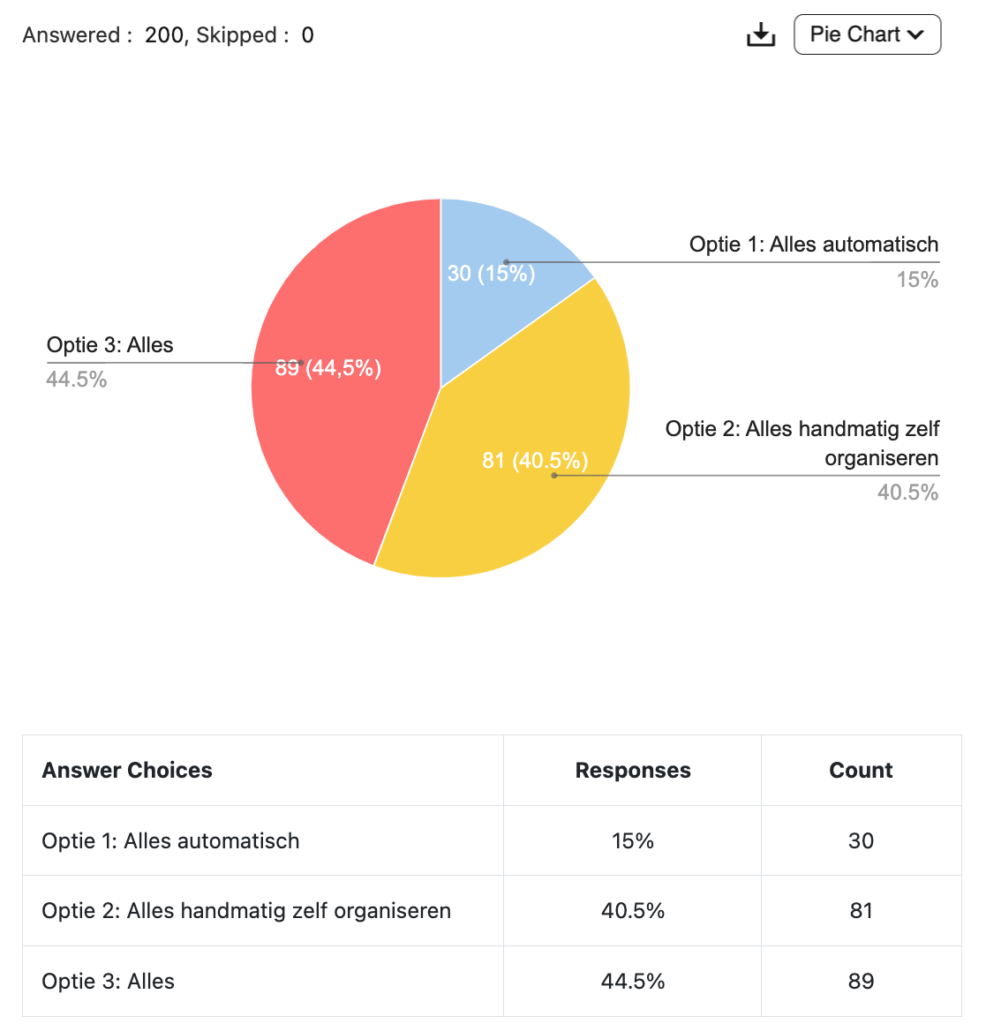VWS's half-truths on 'Consent'
How do citizens view giving 'permission' for sharing their medical data? In February, the Ministry of Health published A 'flash poll' on that question.
The fact that in 90%! of cases you don't have to bother citizens at all with consent questions is pushed under the carpet. VWS only communicates about 'explicit patient consent'.
Privacy First does think that 90% is important and did its own 'flash poll'.
Permission and Consent
Every doctor has medical confidentiality. When sharing patient data, that secrecy is broken. This requires a legal basis and one such basis is an 'explicit consent of the patient'.
In addition, there is a second 'consent'. If the data is shared via an 'Electronic Exchange System (EUS)', such as the former National EHR (LSP), then the doctor transfers responsibility for the exchange to the EUS. This also requires patient consent.
90% redundant
However, in 90% of situations, there is a 'referral'. This referral is in consultation with you, the patient, and it goes without saying that this includes data. Your doctor may therefore 'assume' that you as a patient are okay with this. After all, you are in it yourself.
As long as that data is exchanged between doctors, the second consent is not needed either. After all, no 'EUS' is used. Your data travel with the digital referral letter, as it were. So for you as a patient, everything is automatic and your data is only retrievable where it is relevant to your treatment. Nowhere else.
The Minister (Bruno Bruins) said here in 2019 about:
"Therefore, I want to see as much as possible the search for an (infrastructural) solution that ensures that exchange takes place when it is needed and the treatment relationship is the basis of the exchange [...]"
Don't come to power!
So here a problem arises: 'Presumed consent' ensures independence for patients and their healthcare providers. They no longer need a solution like the former National Electronic Patient Record (LSP). As a result, the LSP will soon be relevant only in 10% of cases. The same applies to latest addition, the consent facility 'Mitz', which health insurers have just invested millions in.
Following the resignation of minister Bruno bruins comes a very cartel to interested parties revolted against this and the minister (Ernst Kuipers) finally changed course 180 degrees: Everyone will soon give 'explicit consent' and Mitz is the only available solution for this.
The status quo must not be compromised. Interests of the healthcare cartel take precedence over those of citizens. 'Presumed consent' is excommunicated.
Half-truth
With that, the 'Flash poll' a classic example of how the House of Representatives is led astray with pseudo-scientific research. The ministry limits the subject to 'explicit consent of the patient'. The other 90% is not included in the research question.
Privacy First Flash poll
Privacy First therefore conducted its own 'flash poll' among 200 (anonymous) respondents. We asked them about their preferences for data sharing and presented them with 3 options:
- Option 1: Everything automatic
I always have the right data, at the right time, with those healthcare providers relevant to my treatment (and also only with those healthcare providers). I don't have to do anything for that. This happens automatically.
note: If you visit a healthcare provider without a referral, no data will be available from that provider.
- Option 2: Manually organise everything yourself
I manually consent to the sharing of my medical records. On a website, I keep records. In it, I indicate per category of healthcare providers what data they are allowed to see. These are also retrievable without a referral.
note: This means that prior to visiting a healthcare provider, you will prepare this and consent to sharing data. This requires an action on your part.
- Option 3: All
I use option-1 and can always start using option-2 when I myself think it is necessary.
note: You can also use options 1 & 2 side by side.
note: There will be a separate solution for 'emergency situations'.

Leave choice to patient
The poll results paint an interesting picture of Mitz's potential: over 40% of respondents want to use it.
Our appeal to the House of Representatives: Make sure 'everything works automatically' and patients can make a truly free choice of Mitz.
The healthcare cartel should not grumble, they still appear to be relevant for 40% (instead of 10).
